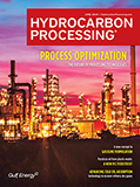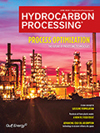Air New Zealand scraps 2030 carbon goals citing high SAF prices
7/30/2024 2:00:00 PM
Air New Zealand abandoned a 2030 emissions reduction target, citing delivery delays of fuel-efficient aircraft and high green fuel prices, in a move signaling the difficulty aviation is having meeting decarbonization goals. This is the first major airline to row back on climate aspirations but the carrier said it was committed to an industry-wide target of net zero emissions by 2050 and was working on a new near-term goal.
Aviation is deemed responsible for about 2% of the world's emissions but is considered one of the hardest sectors to decarbonise as fuel for flights cannot be easily replaced with other kinds of power. "Many of the levers needed to meet the target, including the availability of new aircraft, the affordability and availability of alternative jet fuels, and global and domestic regulatory and policy support, are outside the airline's direct control and remain challenging," New Zealand's flag carrier said in a statement.
Airlines are banking on plant-based sustainable aviation fuels (SAF) and more efficient aircraft to reduce emissions in the near-term, but SAF production is expensive and challenging to ramp-up, and plane manufacturers are struggling to deliver new-generation aircraft on time. Many environmental advocates say aviation industry growth is fundamentally incompatible with sustainability.
Air New Zealand in 2022 said it wanted to reduce carbon intensity 28.9% by 2030 compared with 2019 levels, in a methodology validated by the science-based targets initiative (SBTi), a U.N.-backed corporate climate action group. The target went further than a 2023 agreement by the global aviation industry to lower carbon emissions by 5% by 2030.






Comments